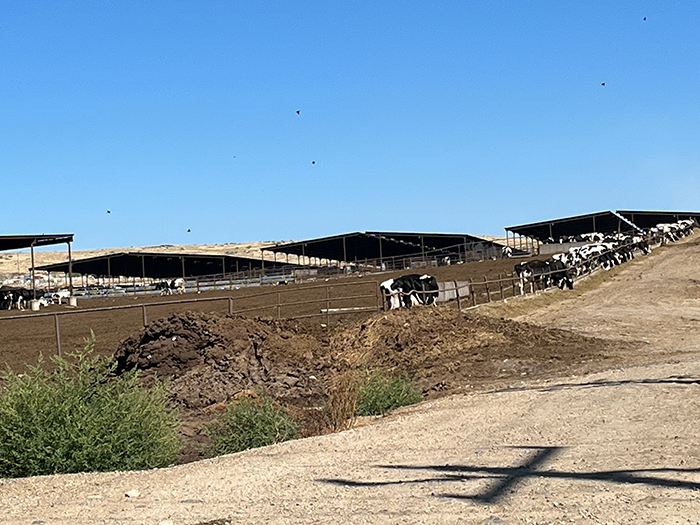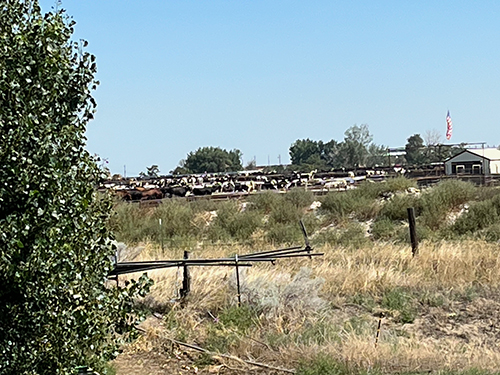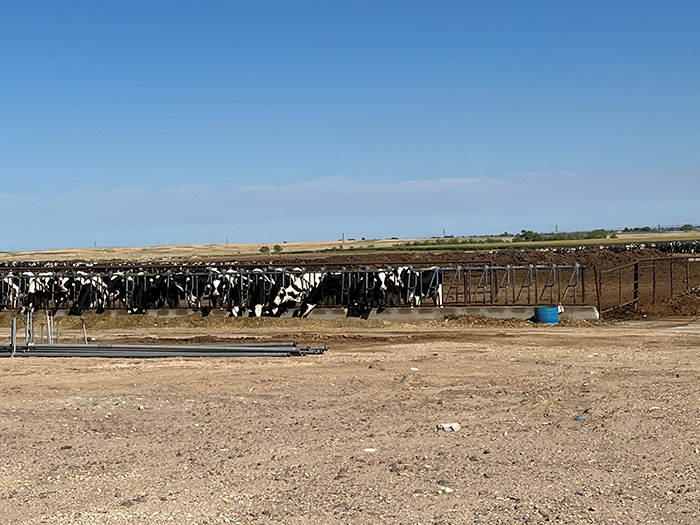Jim Walsh – Food and Water Watch Policy Director: The fossil fuel industry and big agriculture interests work very hard to find ways to market their dirty energy to the public. We see this with factory farmed gas being called biogas.

Melanie Plaut – Oregon Physicians for Social Responsibility: There are a lot of different ways that methane can be produced. One of it is fossil methane from the earth. But there are also biologic processes that produce methane, especially when something is degraded under anerobic conditions. That means when there’s no oxygen there. One of those situations occurs especially on large factory farms where there’s a lot of manure that needs to be handled. You can cover it intentionally so that it produces methane and then cleverly you can sell that methane.

Tyler Lobdell – staff attorney with Food and Water Watch in Boise, ID: What we’re seeing now is a really intense and growing interest in developing what’s called biogas, or what I call factory farm gas, and in such enormous quantities at these facilities. So they can’t be managed responsibly or managed in the way that traditional agriculture always managed it.

Brenda Abbott – Wilder, ID resident next door to CAFO: We live out above the Snake River and you can see the Owyhee Mountains off in the distance that are snow-capped in the wintertime. It’s absolutely picturesque and beautiful out here. There aren’t any words bad enough to describe it. You literally can’t sit in your own yard. You can’t take a breath. I’ve had neighbors call and talk with me about it. They have sore throats. Their eyes hurt. It gives them sick headaches. All the kinds of things that come along with breathing in the kinds of toxic chemicals coming out of the lagoon and the toxic cattle waste floating in the air. The particulate matter that people are now being forced to breathe.

Danny Cullenward – climate economist and Senior Fellow with the University of Pennsylvania.: If you put a dairy digester in place to produce some biogenic methane, you can say, I’m reducing this pollution that would otherwise escape to the atmosphere, and increase warming. Suppose you now get to sell carbon credits from that. Putting money under the guise of controlling pollution encourages concentrated feedlots. Think of another area of environmental pollution control law where we say, it’s okay that you’re polluting. That’s your right. And if we want to change it we’ll make sure we compensate you.
